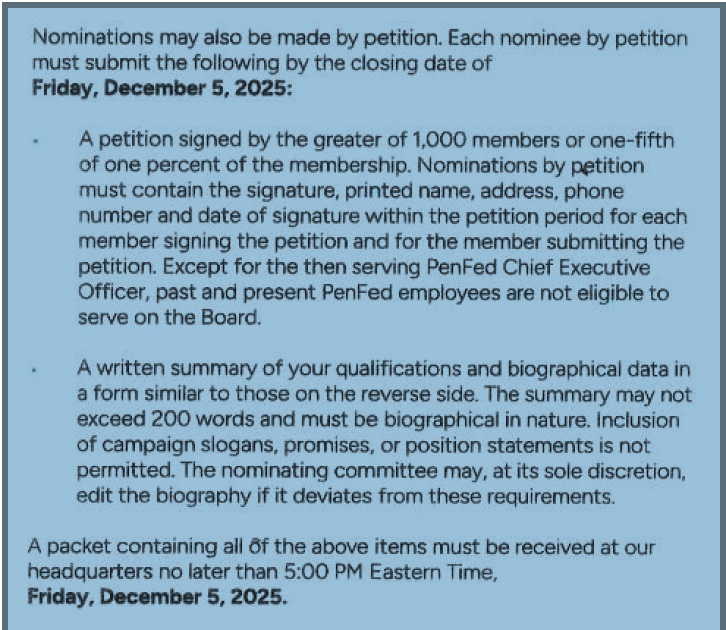I received a communication from an experienced, throughtful and committed credit union leader last week. He believes in the unique role of cooperatives in the American financial system.
But he is throwing in the towel, so to speak. He has been an advocate for member value, especially in merger situations. That strategic choice, he believes, should be especially well-documented with data and plans. Because it ends the independence and member choice of a long serving institution.
Most importantly he supports the position that owners, whose loyalty created the credit union’s mutual equity, should benefit from such combinations.
No more though. For his stance for cooperative integrity has resulted in an anti-merger reputation. In his words: We live in a capitalist society, and we have a cooperative movement that often co-opts cooperativism while fully embracing capitalism. . . So rather than spending my energy in opposition to that current, I’m shifting toward supporting the institutions that actually want to grow strategically and maintain themselves — the ones who want to remain independent, sharpen their execution, and live more fully into their cooperative identity.
He will find that there are plenty of cooperative leaders who still embrace that approach.
Moral Relativism and the Erosion of Public Trust
But there is another rationale I hear repeatedly from credit union leaders defending the growing merger frenzy. This logic asserts: Mergers are the wave of the future; everyone is doing it; so let’s not be left out of this treasure-scavenger hunt now going on.
This defense, everyone is doing it, is common in many areas of life, not just in business. It quickly leads to moral relativism. That is, some asset, cooperative values must keep up with the times and current practices.
Last week the Wall Street Journal published an opinion piece of this frequently stated defense for leaders’ actions. Here are excerpts from that article by Gerard Baker: (link)
Moral relativism is enticing. It enables me to establish the moral value of everything I do by reference to the behavior of others. It allows me to avoid censure by judging my intentions, choices and actions not on the basis of whether they are intrinsically right or wrong, but by the lesser standard of whether someone in a similar position might have done something similar.
It is deeply corrosive of personal mores and social trust. Over time it dulls the conscience to any moral hierarchy. It is never a legal defense and shouldn’t be a moral one.
Moral relativism is hardly new in public life. Self-exoneration through false moral equivalence by public figures is as old as time itself. But when it becomes the controlling ethical architecture of public behavior, we are in serious trouble. Its effect is to give leaders permission to do just about anything they want, unconstrained by guilt, shame or political sanction.
Moral relativism and the ratchet effect will ensure that there is always some precedent close enough to persuade people to shrug even when confronted with some evidence of genuine turpitude on their own side.
The Questions for Coop Mergers
Isn’t it time for credit unions who believe in the special role of cooperatives to ask whether this increasing frenzy is really serving members or merely the acquisitive ambitions of CEO’s and passive boards?
Only about 3-4% of of credit unions will complete a merger in any one year. Yet the vast majority remain silent as some of their peers become coop predators.
Are leader’s uncritical acceptance of this restructuring a sign of the system’s strength or a fundamental weakness?
There are many more questions that should be asked. (link) But the most important one is Qui bono, Latin for who benefits?
Required disclosures in the NCUA approved Member Notices suggest it is rarely the members.

